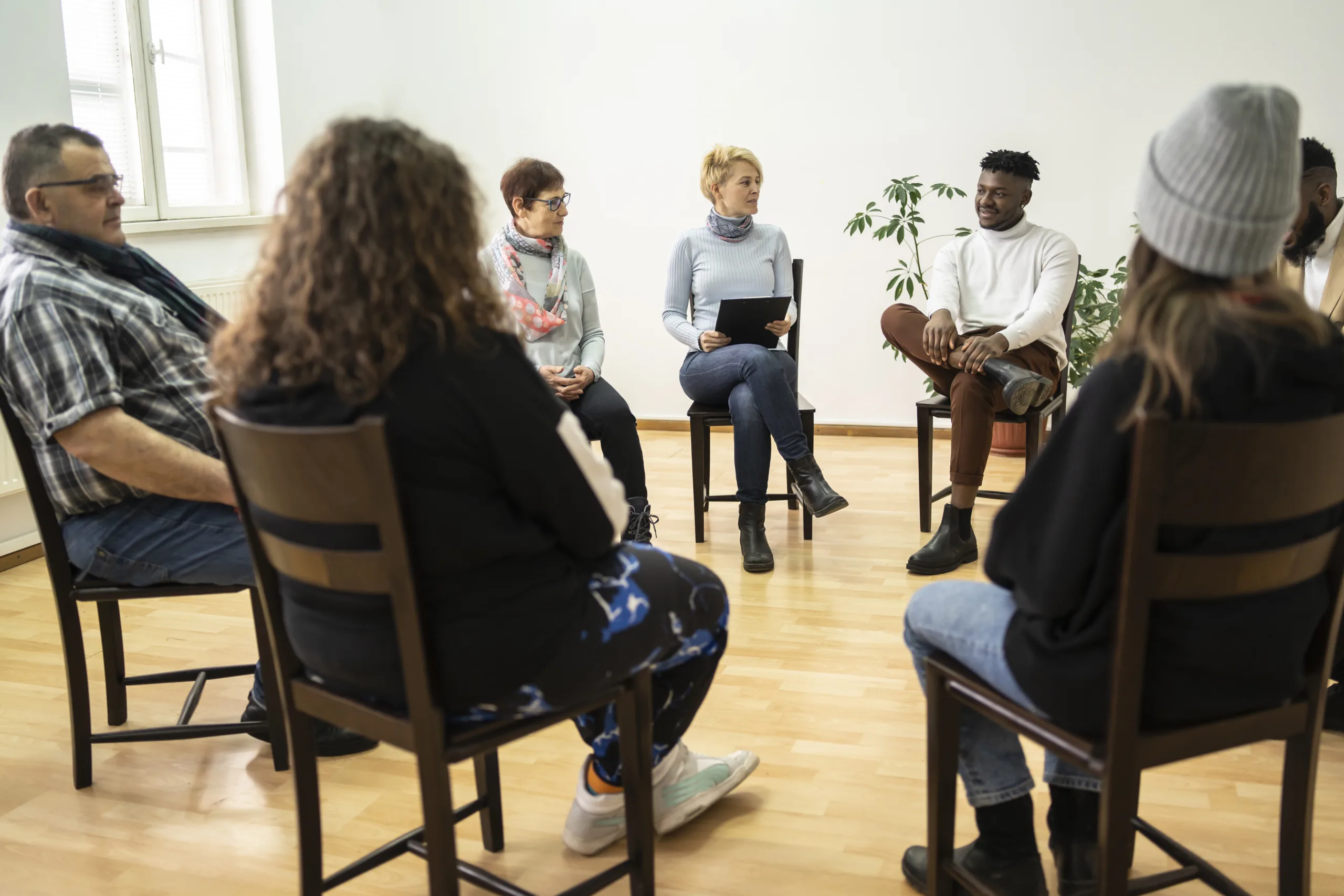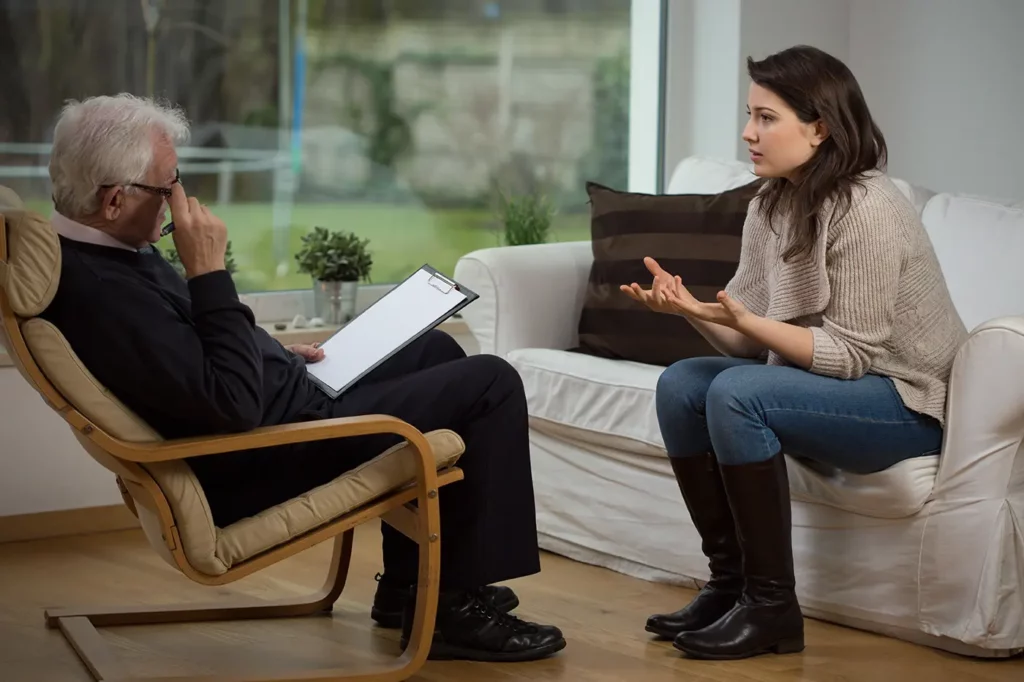24/7 Helpline:
(866) 899-221924/7 Helpline:
(866) 899-2219
Learn more about Outpatient Rehab centers in Monrovia
Outpatient Rehab in Other Cities

Other Insurance Options

AllWell

CareSource

Holman Group

GEHA

American Behavioral

Ceridian

Covered California

UMR

MVP Healthcare

Sutter

Coventry Health Care

Access to Recovery (ATR) Voucher

Premera

Providence

CareFirst

Cigna

Sliding scale payment assistance

Medical Mutual of Ohio

Ambetter

Carleon

Living Proof Recovery Center
Living Proof Recovery Center is a private rehab located in Monrovia, California. Living Proof Recove...

Garfield Place Transitional Sober Living Home
Garfield Place Transitional Sober Living Home is a private rehab located in Monrovia, California. Ga...

Alcohol Abuse and Addiction Information and Treatment
Alcohol Abuse and Addiction Information and Treatment is a private rehab located in Monrovia, Califo...













